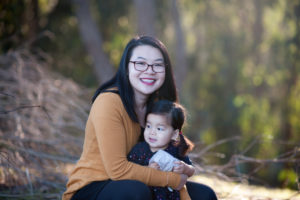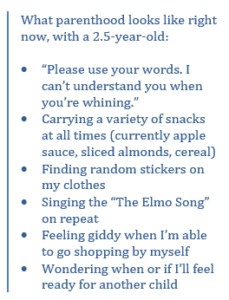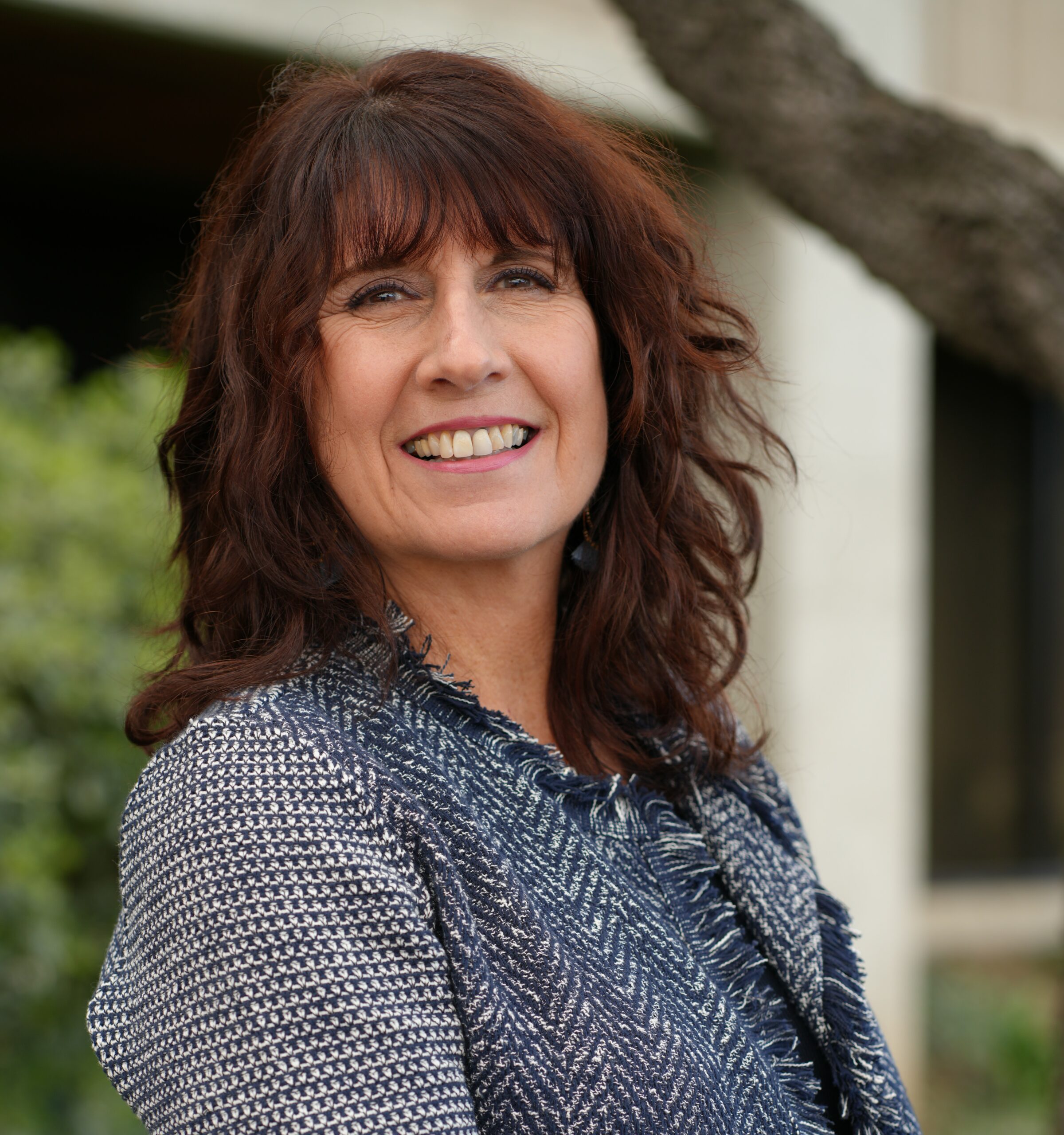By Mai Le, First 5 San Mateo County Program Associate.
 I recently joined the First 5 San Mateo County staff as a program associate, a diverse, flexible role supporting the program team. No two days here are alike, as I jump from preparing contracts, to coordinating meetings, to updating our social media and website. Prior to coming to First 5, I worked at a community-based organization providing training and consultation to health and social service providers on delivering more culturally responsive services. In addition to working at First 5, I am also a full time graduate student. I am in my second (and last!) year of the Master of Public Health program at San Francisco State University. My program emphasizes health equity and social justice, which relate closely to the work we’re doing at First 5 to ensure success for every child.
I recently joined the First 5 San Mateo County staff as a program associate, a diverse, flexible role supporting the program team. No two days here are alike, as I jump from preparing contracts, to coordinating meetings, to updating our social media and website. Prior to coming to First 5, I worked at a community-based organization providing training and consultation to health and social service providers on delivering more culturally responsive services. In addition to working at First 5, I am also a full time graduate student. I am in my second (and last!) year of the Master of Public Health program at San Francisco State University. My program emphasizes health equity and social justice, which relate closely to the work we’re doing at First 5 to ensure success for every child.
The work of nurturing and guiding a child to their full potential is enormous. I am very aware of this both from my work, and from my personal experience as the mom of a two-and-a-half-year-old child. My daughter is gaining more independence and copying everything we say and do! My partner and I are in the thick of dealing with tantrums, boundary setting, and helping our toddler with her big emotions. Nothing has really prepared me for this. As a young adult I struggled with depression and worked with mental health professionals to manage the condition and regulate my own emotions. That was, and sometimes still is, hard. But trying to understand a toddler is a whole new challenge. I know I’m not the only parent navigating this, so I try to read a mix of expert advice, observe how friends and family manage it, and see what works for me. Even with the best intentions though, being the parent I want to be is hard when someone is screaming, the house is a mess, and I can’t find the one toy my daughter wants right now. What I’ve realized though is that no matter the situation, I am the most patient and grounded when I feel good with myself– when I’ve had some sleep, decompressed from my work day, or eaten something. Self-care is not selfish; it is truly the best thing I can do for my family.

I don’t want to suggest that self-care is easy though. My family is privileged in a lot of ways, which gives me more freedom to take care of myself. My partner and I both have professional jobs, with benefits like health care and paid leave. If I don’t feel well, I can take time off work, see a doctor if needed, and still be able to cover our expenses for the month. We bought a home last year in Daly City, and are no longer vulnerable to steep rent increases that could throw off our budget. We can afford family vacations once in a while to recharge and reconnect. We have quick access to parks, beaches, libraries, and other safe community spaces, making it easier to keep the whole family active and engaged. Because of our jobs, we have predictable, consistent leisure time to spend together with our little one. I’m acutely aware this is not the reality for many families.
These are just some of the equity issues that I reflect on in my work. Parenting is never easy, but for some, systemic barriers make it much harder. What works for me might not work for another parent, and vice versa. As professionals concerned with supporting children and families, we should let people tell us what they need to thrive within the contexts of their own lives. And we should simultaneously commit to lifting the floor so that everyone can access basic structural supports. Things like paid time off, health insurance, quality childcare, and safe neighborhoods should not be considered luxuries. These are essentials for a healthy, equitable community. They are the best investment we can make for the future.


